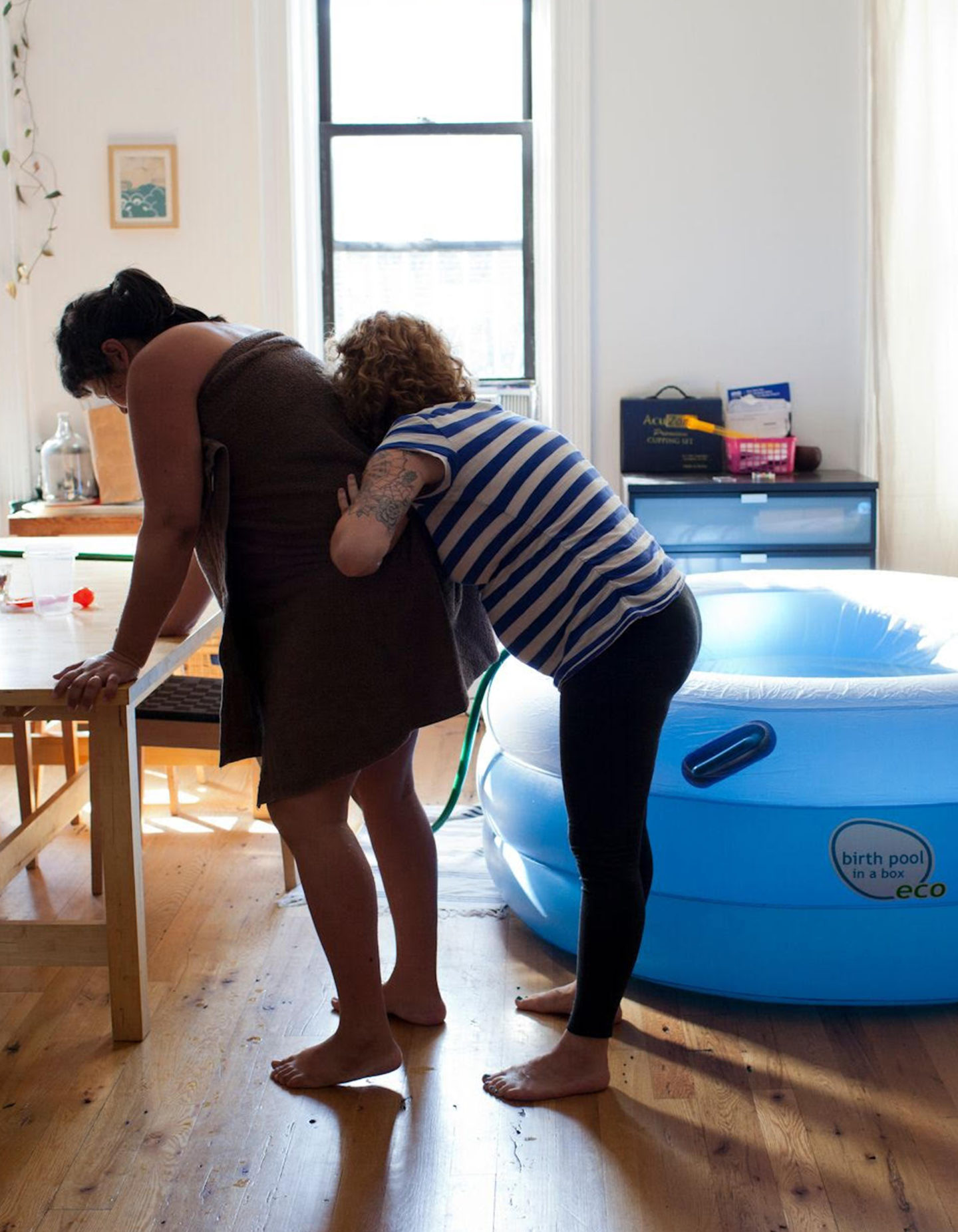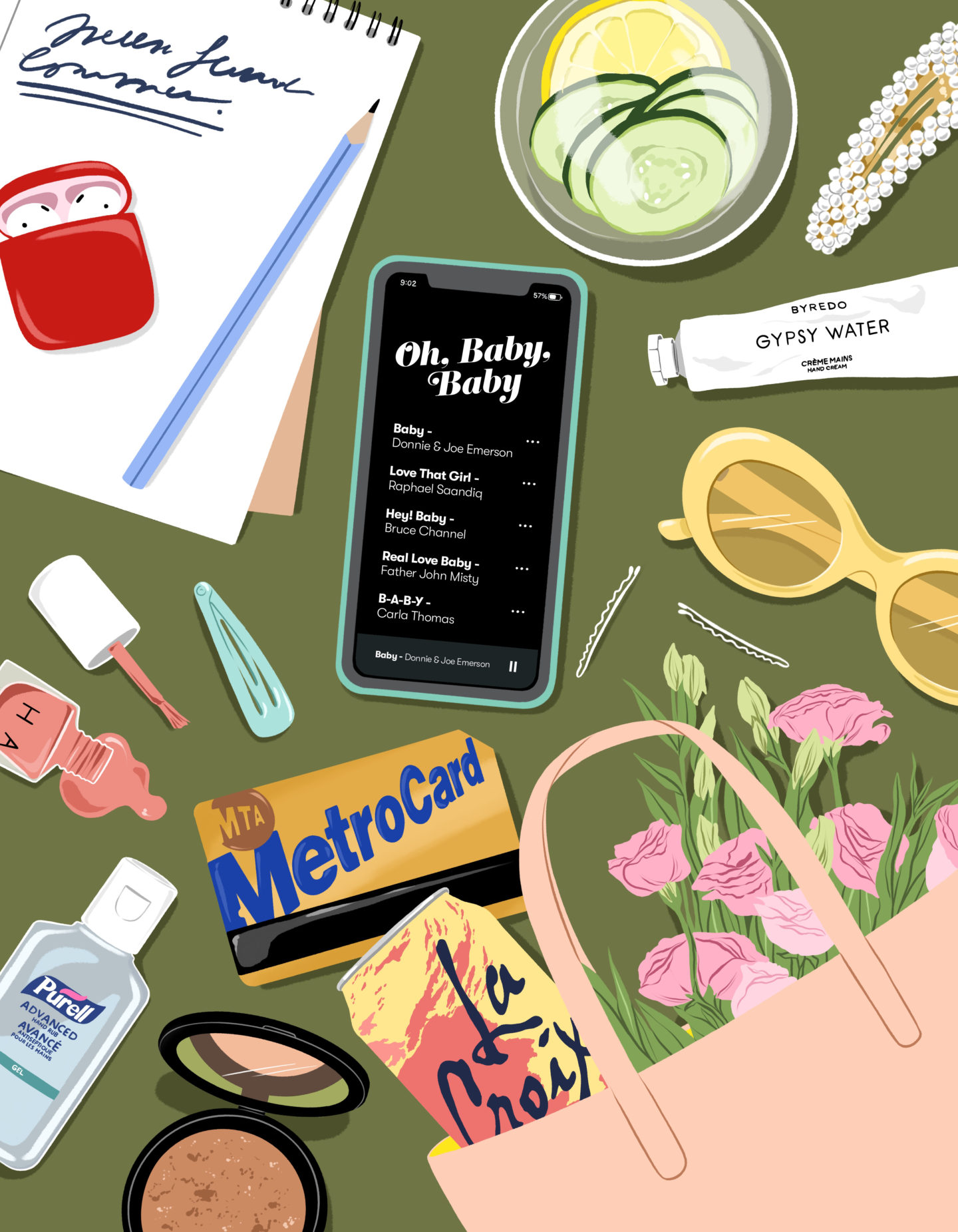Pregnancy is supposed to be this epic, happy time, right? When you’re just blinded by all the love and hope you have for your unborn child, when birds start chirping as soon as you waddle out of the house, when life just feels #blessed, right?
WRONG. For many MANY mamas, pregnancy can be a time of stress, confusion, anxiety and, yes, depression. According to the ACOG, depression affects between 14-23% of women during pregnancy. Often it’s not diagnosed properly, where experts, partners or loved ones will chalk up your feelings to “hormones” or lack of sleep. While hormones can affect the chemicals in your brain (which are directly a cause of mood and anxiety), it’s still a dangerous assumption.
If you’re curious about the signs of depression during pregnancy, it’s generally cited as the following symptoms going on longer than two weeks:
- Constant sadness
- Sleeping too little or too much
- Loss of interest in hobbies or activities
- Thoughts of death, suicide, hopelessnes or worthlessness
- Persistent anxiety
Depression can come from a variety of reasons, many relating to relationship problems, infertility, a previous pregnancy loss or personal history of depression. If left untreated, pregnancy can pose serious risks to both mother and baby, leading to poor nutrition, drinking, smoking and suicidal behavior. Babies born to depressed mothers may be less active and be more agitated.
If you think you might be depressed, or if you’re not sure, but have even the smallest inkling, seek some support! There are support groups, therapy options, and if your depression is major, then medication may also be a choice for you. Check with your doctor to discuss how to get help. Here are some all natural ways to maintain positivity during the roller coaster of pregnancy:
- Exercise: Movement increases happy serotonin hormones and decreases stressful cortisol levels
- Sleep: ‘Cause not sleeping can majorly affect your ability to handle everyday challenges. Simpler tasks and worries are totally magnified on little sleep.
- Proper Diet: ‘Cause eating well feels good, plus diets high in sugar, caffeine and carbs can affect your mental and physical health.
- Herbs: Certain herbal supplements and vitamins are known to boost serotonin. Talk to your doc about taking vitamin B6, magnesium and St. John’s Wort.
Just remember, however you’re feeling, you are not alone. We’ve all been through it, and we’re all going through it in one form or another. If you need some extra support, if you think you’re struggling with depression, please ask for help. And know that we are with you 100% of the way.


